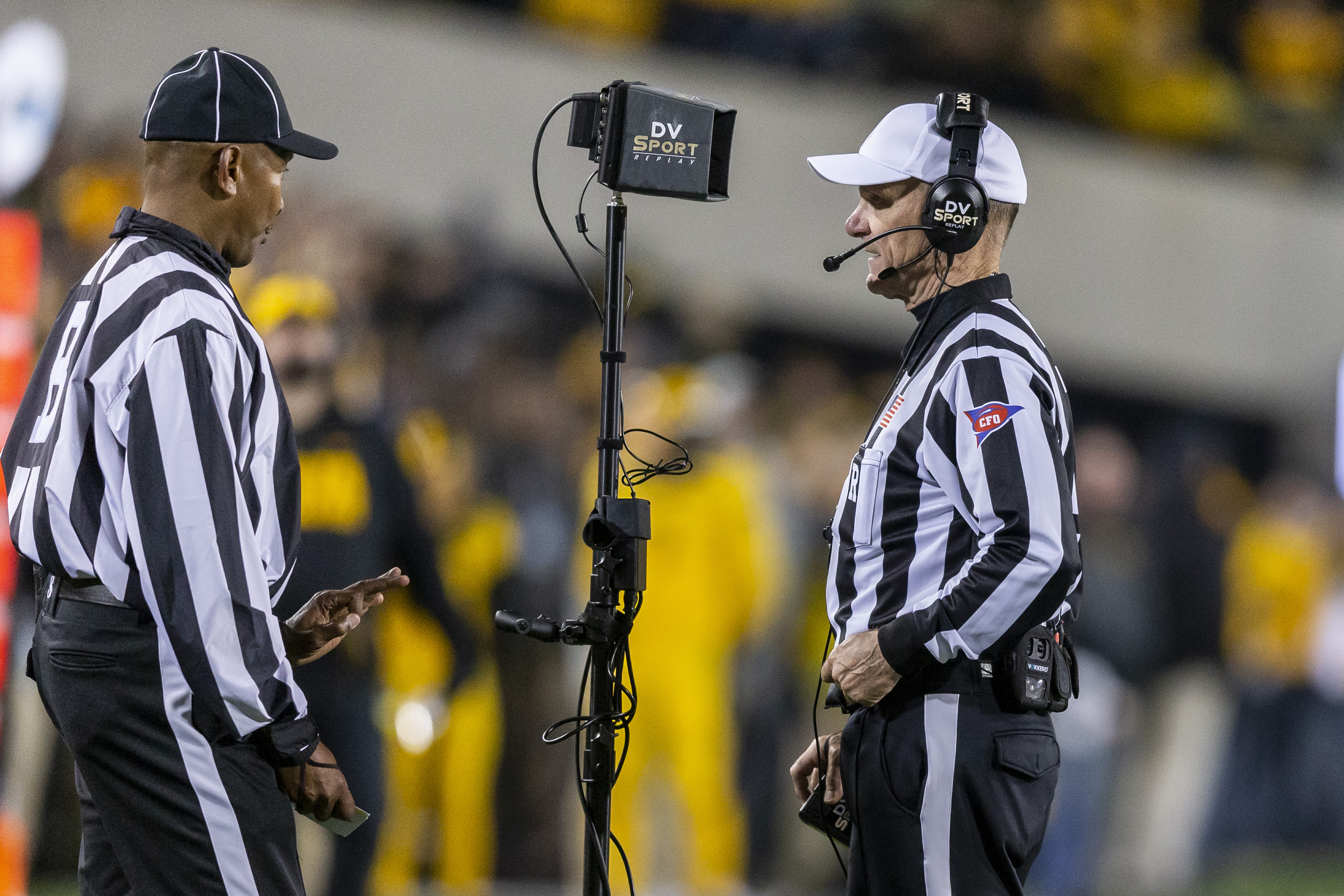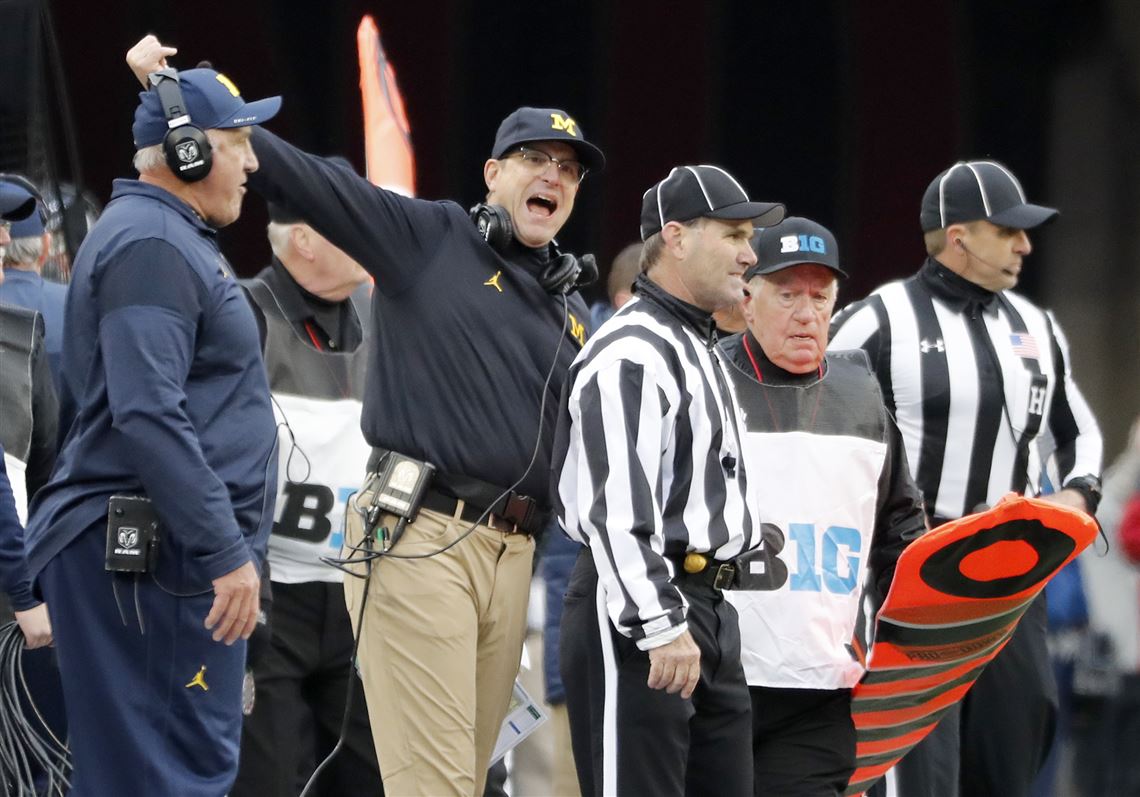Yesterday, my buddy hit me up, talking about how he wants to get into refereeing for Big Ten football games. He’s always been a huge football fanatic, you know, the kind of guy who knows every stat and every player. But refereeing? That’s a whole different ball game. So, I decided to dig into it myself and see what it takes.

First off, I started looking into what a referee actually does. I mean, we all see them on TV, throwing flags and making calls, but there’s gotta be more to it than that, right? Turns out, these guys are the ultimate authority on the field. They’re the ones who start and stop the game, enforce the rules, and keep things in order. They gotta make sure everything is safe and fair. It’s like being the judge, jury, and executioner out there, all rolled into one. And it sounds intense.
Then, I found out that there are usually seven officials on the field for college football games. There’s the main referee, the umpire, and a bunch of judges – line judge, side judge, back judge, field judge, and center judge. Each one has their own specific job, covering different parts of the field and watching for different things. It’s like a whole team of people just dedicated to making sure the game runs smoothly. It’s pretty crazy when you think about it.
- Referee: The main guy, the boss. Makes the final decisions.
- Umpire: Checks the players’ equipment, watches the line of scrimmage.
- Line Judge: Watches for offsides and encroachment.
- Side Judge: Covers the sideline, keeps track of the down and distance.
- Back Judge: Watches for pass interference, makes sure plays are legal.
- Field Judge: Covers the deep part of the field, keeps track of the clock.
- Center Judge: Relatively new position, also watches for holding and illegal blocks.
I also started reading about some of the challenges these referees face. It’s a tough gig, especially in college football. They’re under a lot of pressure, and every call they make is scrutinized. And let me tell you, some fans are brutal. They’re always suggesting that these guys should be full-time employees, not just part-timers. There’s a lot of discussion about that, whether they are Big Ten refs or from other conferences. It definitely made me think twice about how tough it must be to be in their shoes.
And it’s not just about the calls on the field. The rules of the game are always changing, and these guys have to keep up. For example, there’s this new targeting rule that’s all about player safety, and it’s changed the way referees have to watch the game. They have to be extra careful about certain types of hits, and it adds another layer of complexity to their job. I wouldn’t want to mess that up.
The Human Side
What really got me, though, was thinking about the human side of it. These referees are people, just like us. They have lives outside of football, and they’re putting themselves out there, making tough calls in front of thousands of people. And let’s be honest, it’s a pretty male-dominated field. You don’t see a lot of women out there, which is something to think about. They are humans and maybe they made mistakes before. Not saying that people don’t deserve a second chance.
So, after all this digging, I’m not sure if my buddy is really cut out for this. It’s not just about knowing the rules of the game. It’s about being able to handle the pressure, make split-second decisions, and deal with the heat from fans, players, and coaches. It takes a special kind of person to be a Big Ten football referee. I have a newfound respect for these guys, that’s for sure.






















